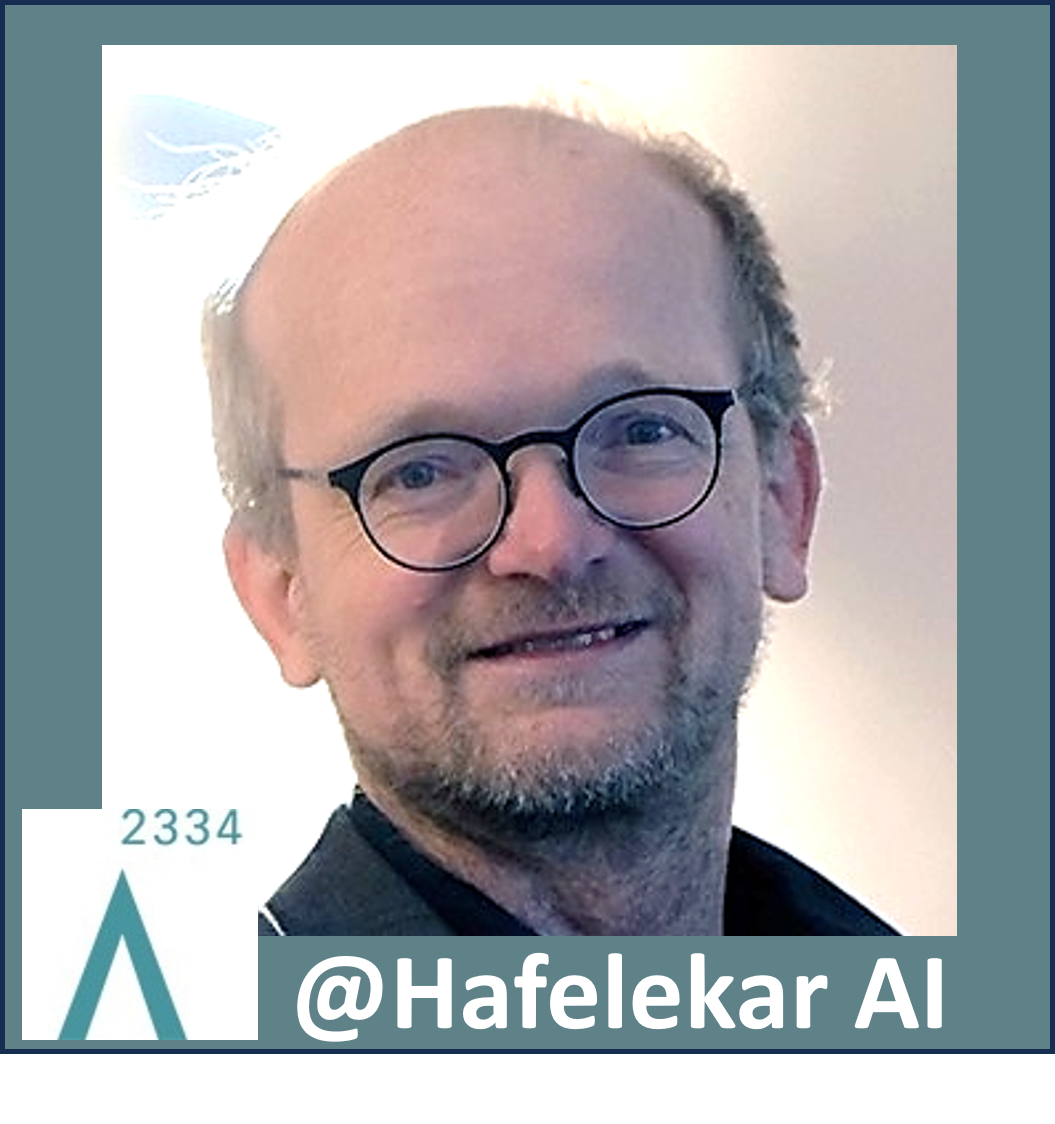
Exploration of teenage life and their learning environments
The central objective is the exploration of teenage life and learning environments, to be able to analyze differences in educational participation and develop new learning formats for the training and education of young second-generation immigrants.
The content of the project is divided into different work packages, of each of them characterized by the use of different scientific methods. First, with the help of an analysis of the micro-census data and the Labour Force Survey, there is drawn a map of the education regions of Austria. This provides initial findings on the causes and differences in educational participation among youngsters of the second generation, facilitates a hypotheses regarding adolescent learners and motivates the subsequent selection of interviewees.
In the further course, quantitative data receives a qualitative deepening and widening. Using narrative interviews, young people all over Austria will be interrogated about their study habits, learning experiences, learning sites, learning motivations and learning contents. Based on these youthful self-images, learning types will be developed and described. Then, in group discussions with young people, questionnaires are developed in order to quantify the learning types. Finally, this quantification is carried out using a standardized survey of young people who are on the second education (eg evening classes, AMS measures) and young people not completing any formation. Based on these results and in collaboration with the target group (young people, trainers) follows the development of new learning formats and scenarios for the training and education of young people in continuation education.
For the processing of theoretical questions, for the discussion and review of research methods, for the reflection of the project’s progress and finally for the qualification of the results, there will be carried out a scientific monitoring project throughout the course of the project.
Conclusively, in order to achieve the mainstreaming of the results, decision makers and opinion leaders will be informed of the project results within the framework of workshops .
Project duration
2012 till 2014
Project Partners
- BFI Tirol (Coordination)
- ZeMiT – Zentrum für MigrantInnen in Tirol
- Hafelekar Unternehmensberatung
- ZSI – Zentrum für Soziale Innovation
- Institut für Erziehungswissenschaften der Universität Innsbruck
Funding
Funded by the European Social Fund and the Federal Ministry for Education, Art and Culture (bmukk).



